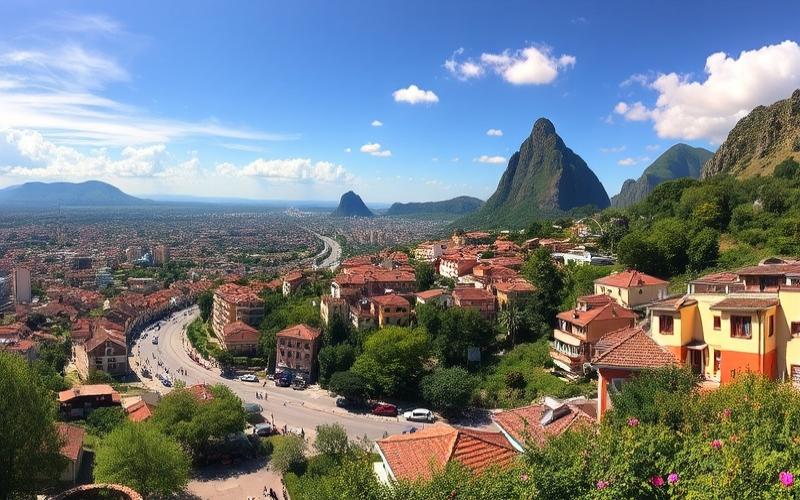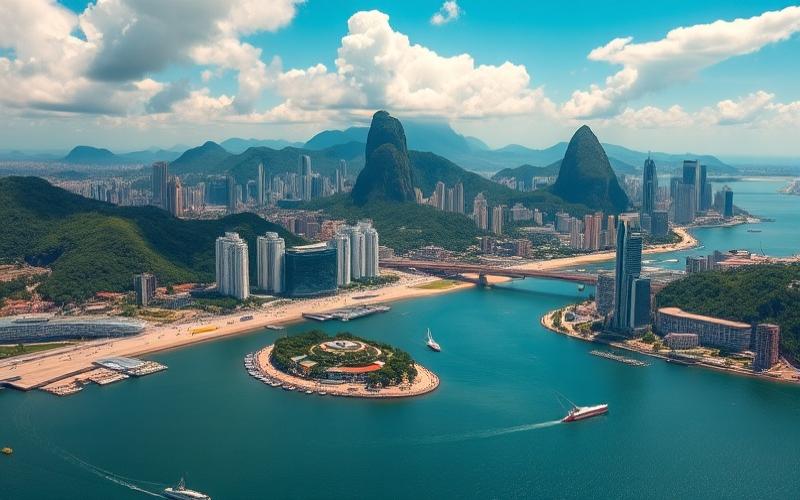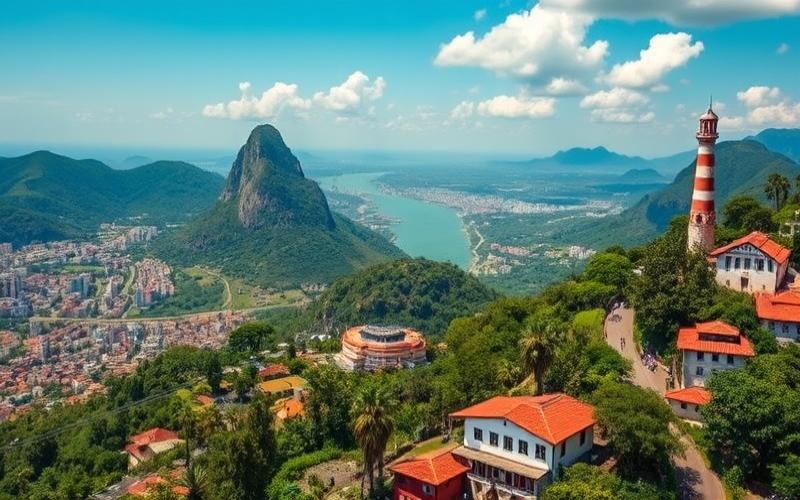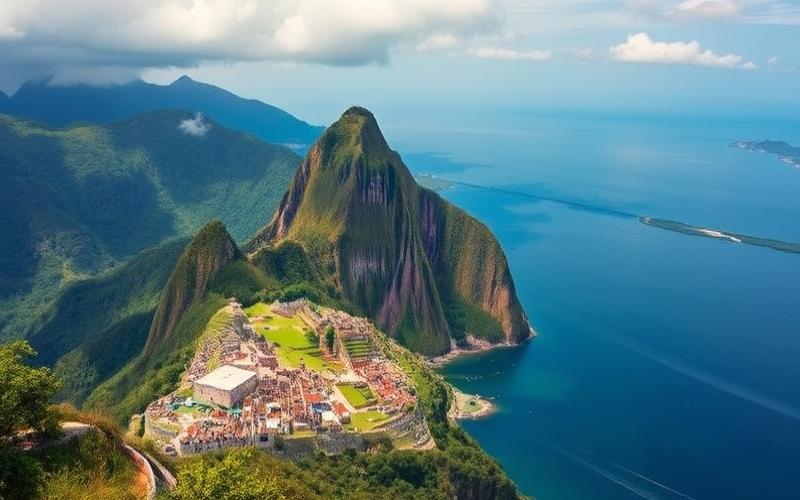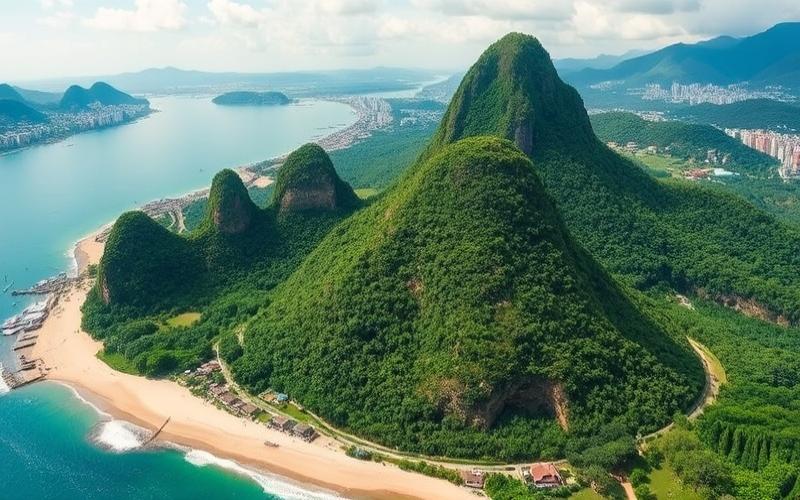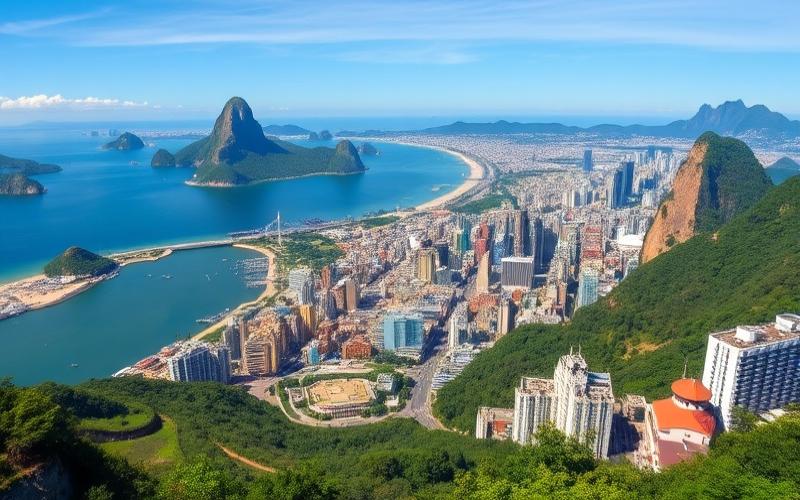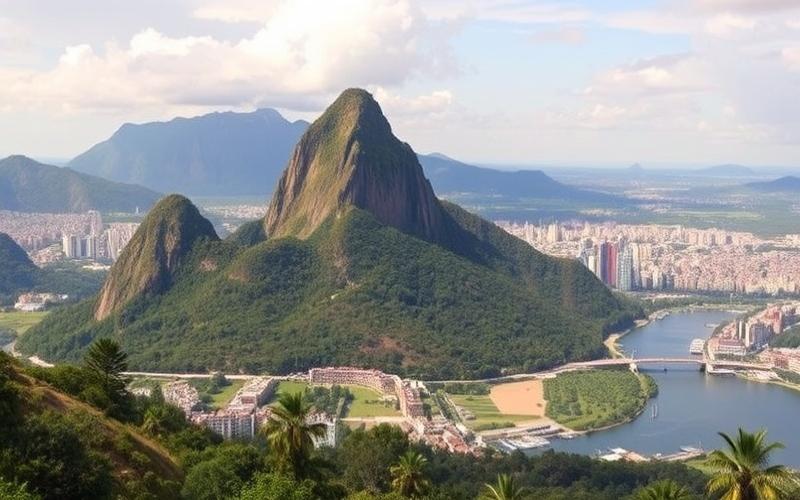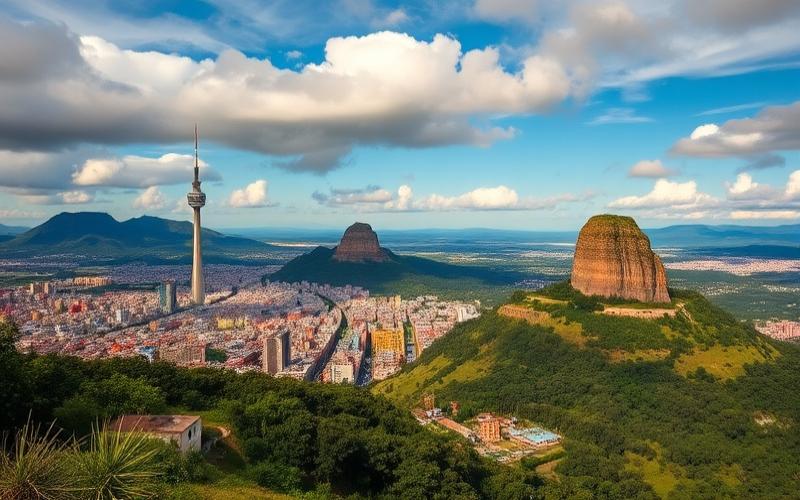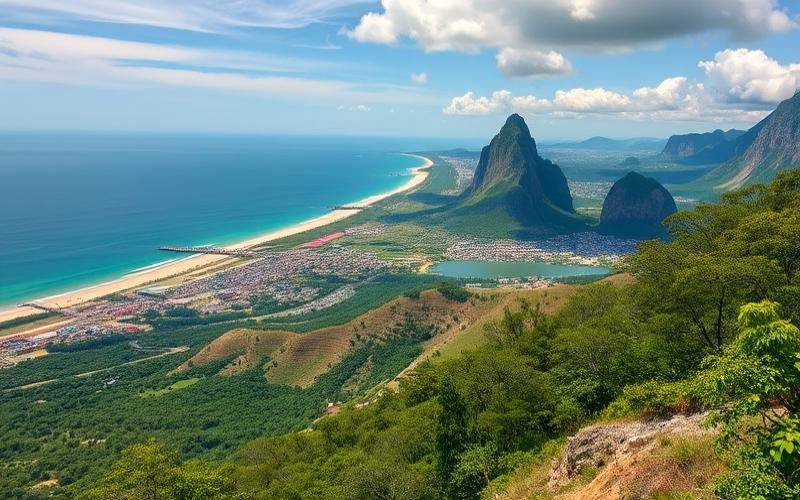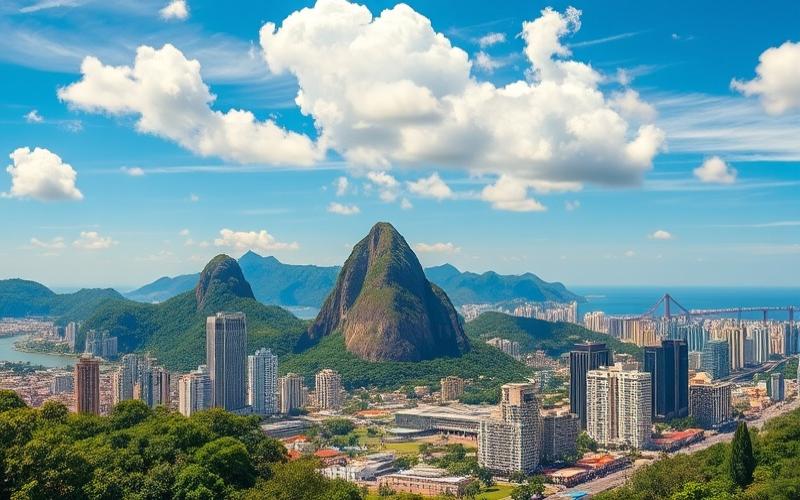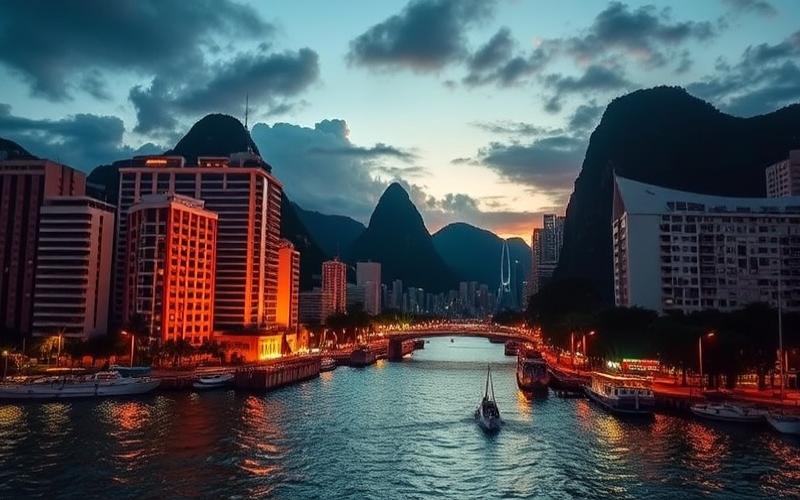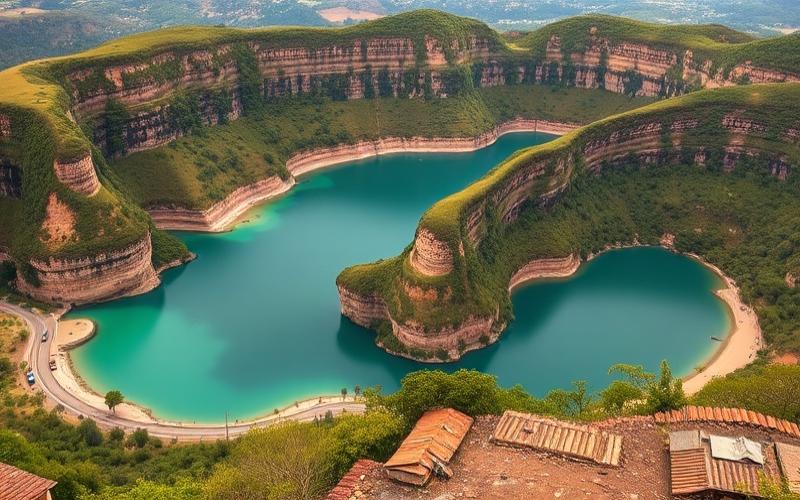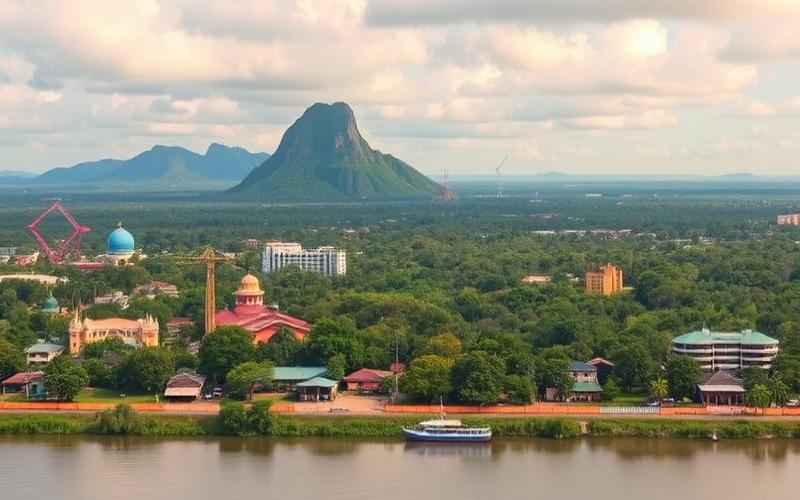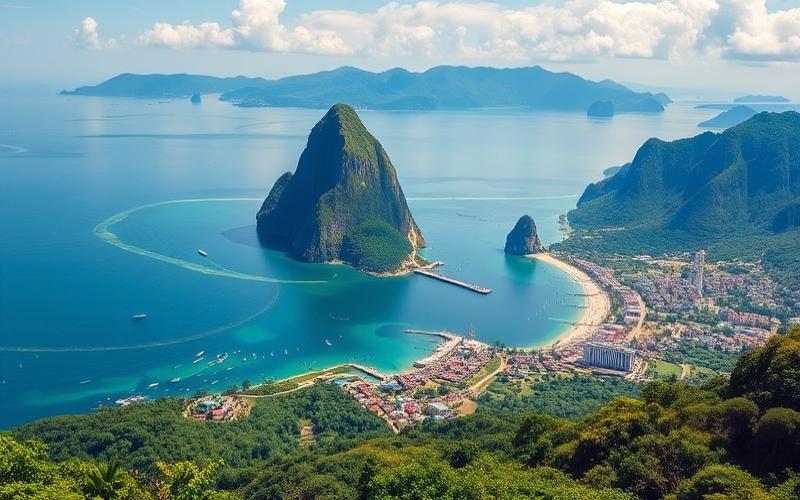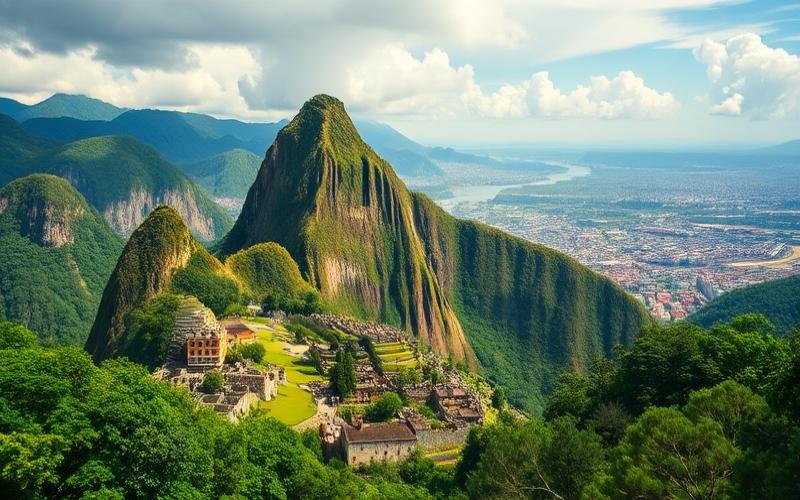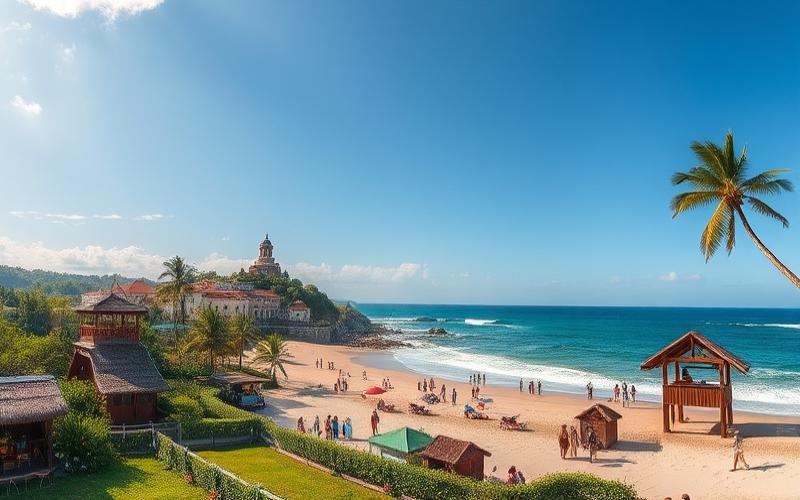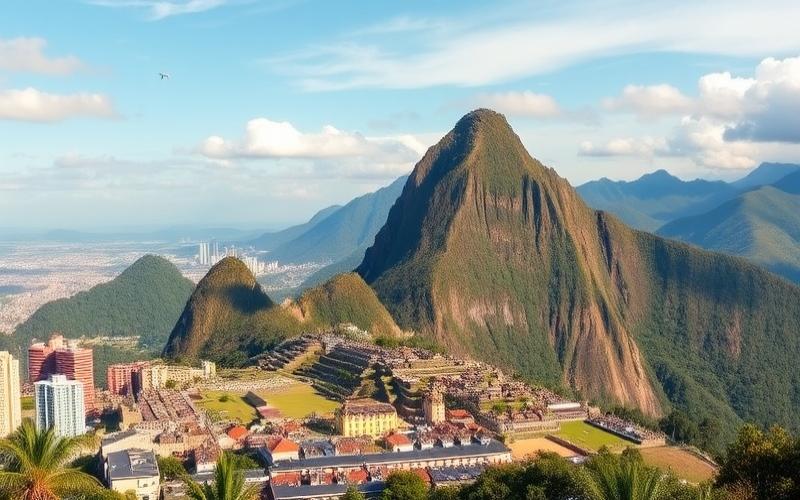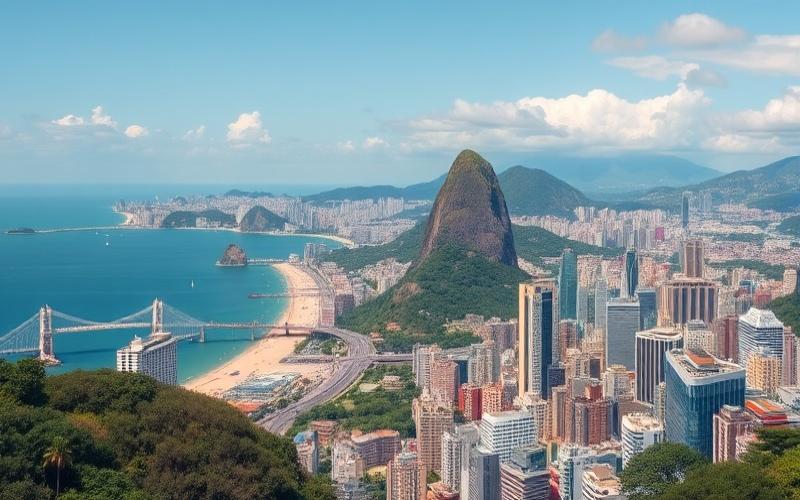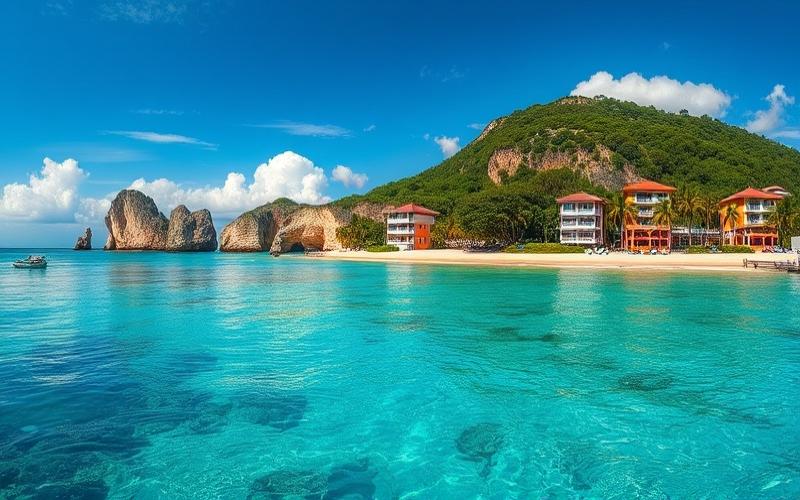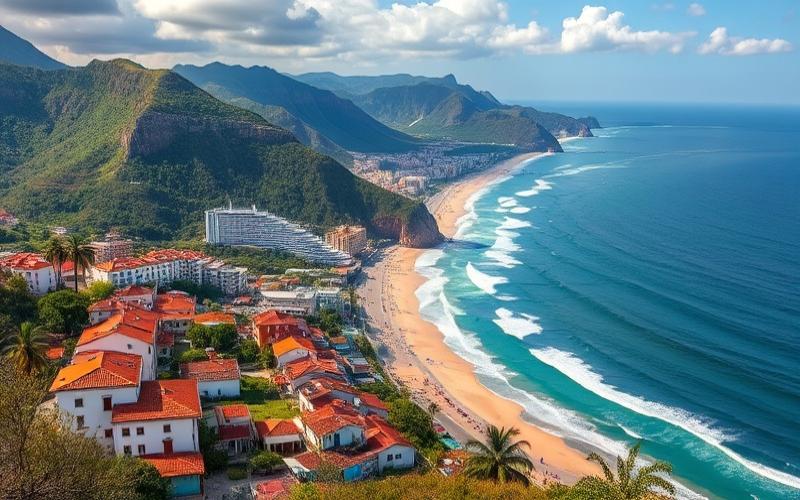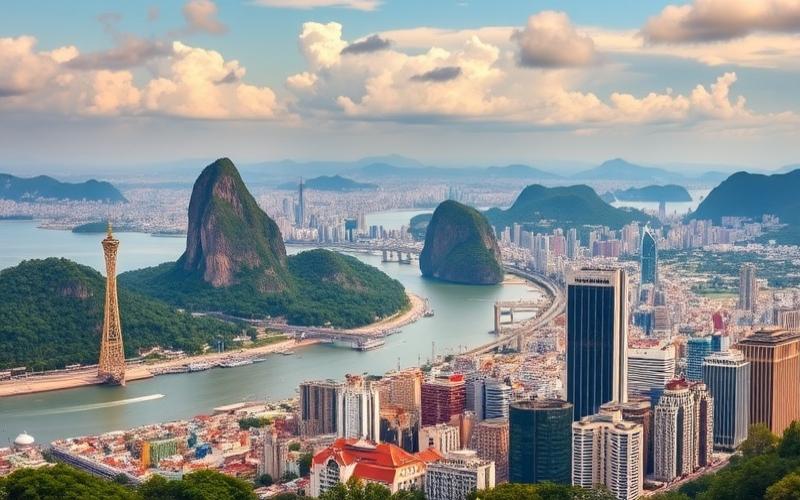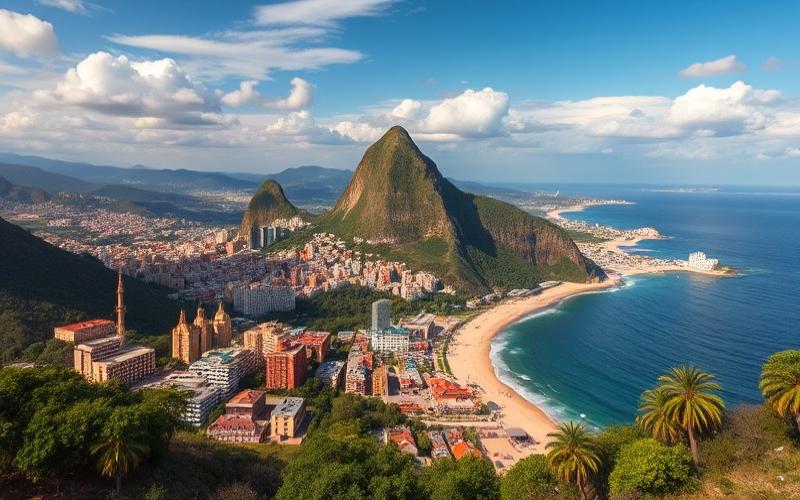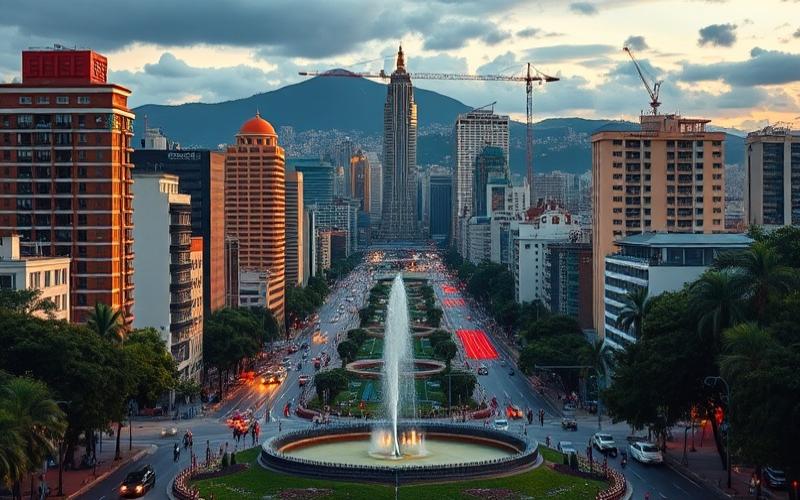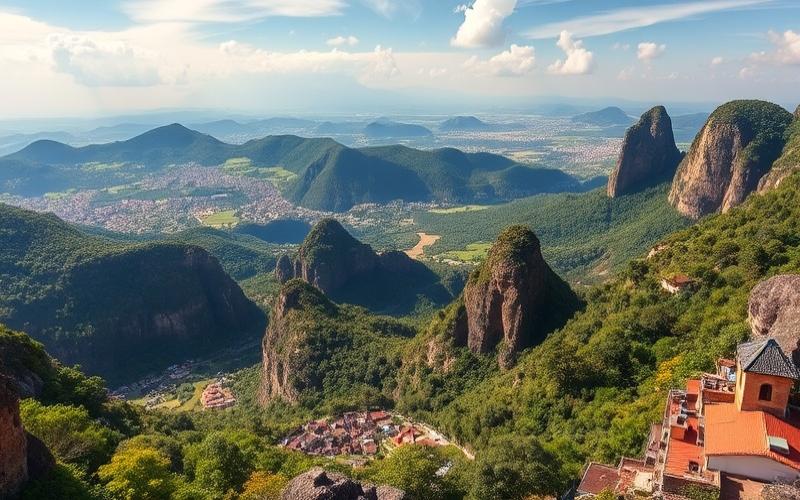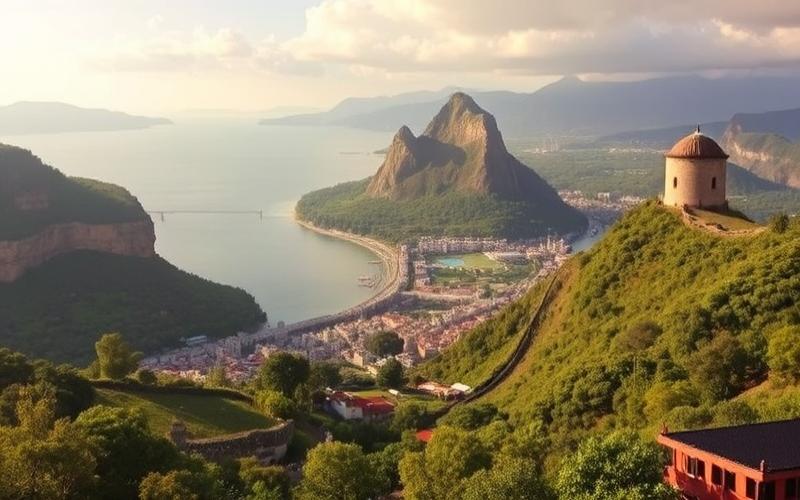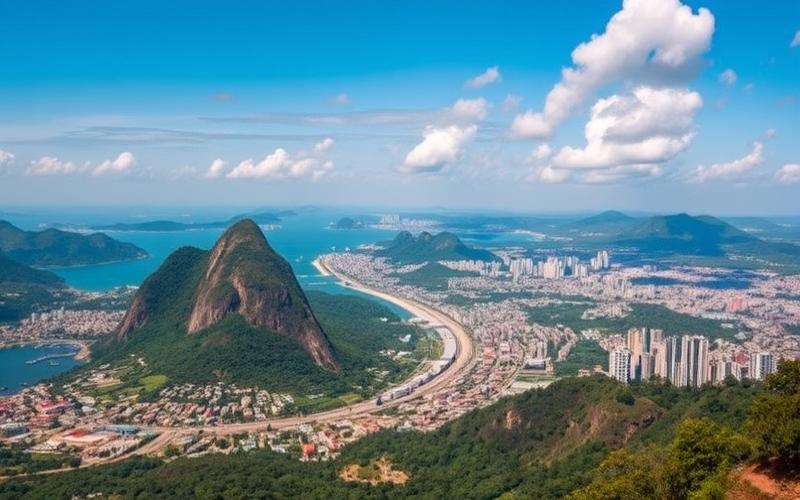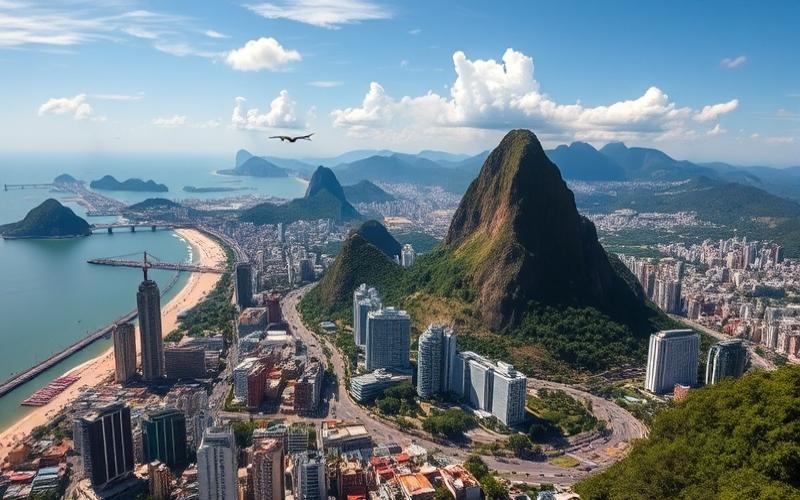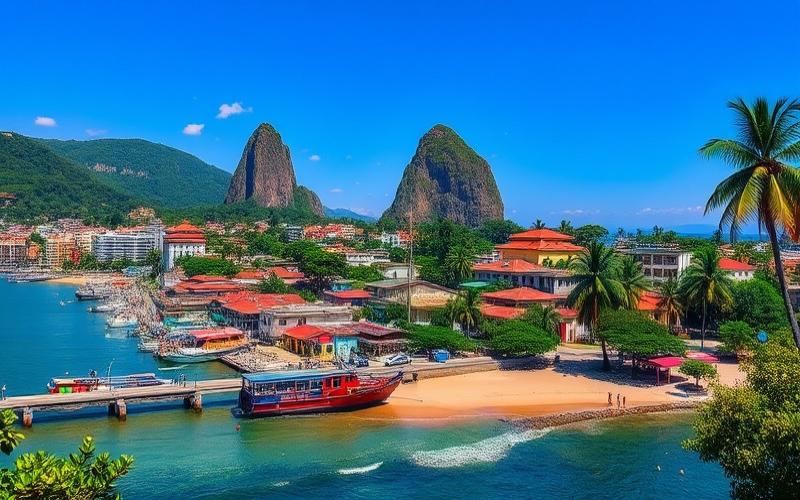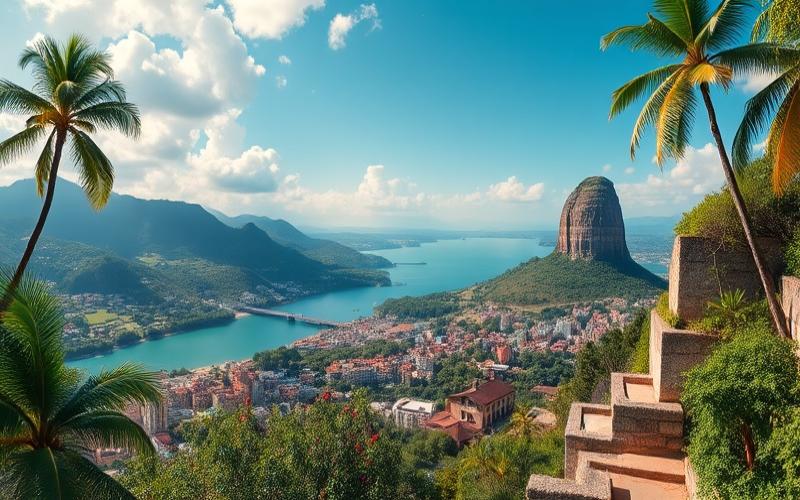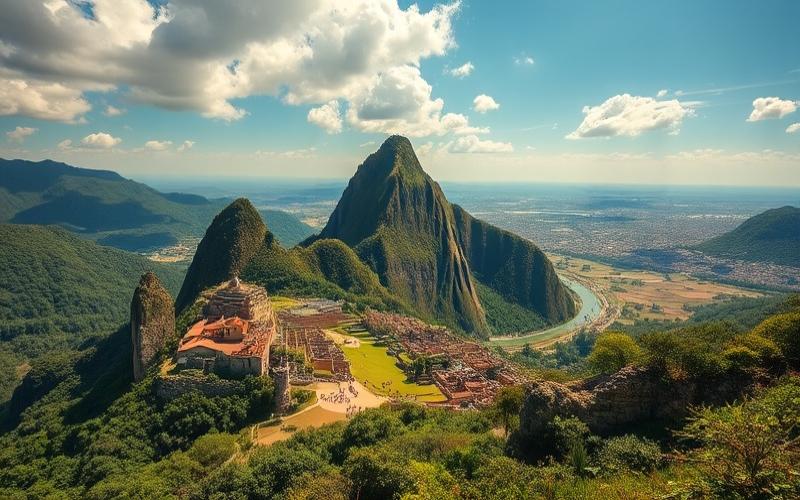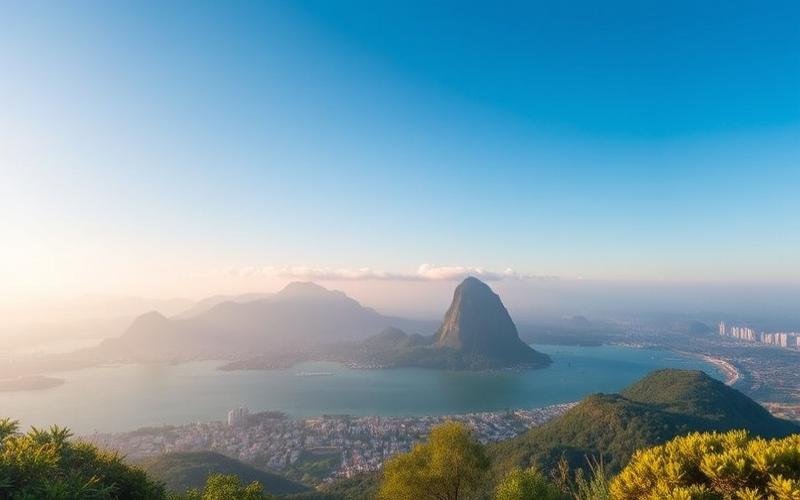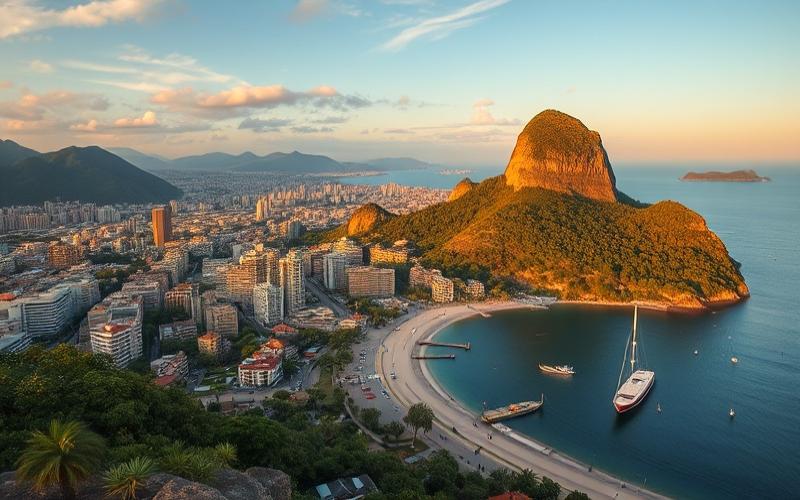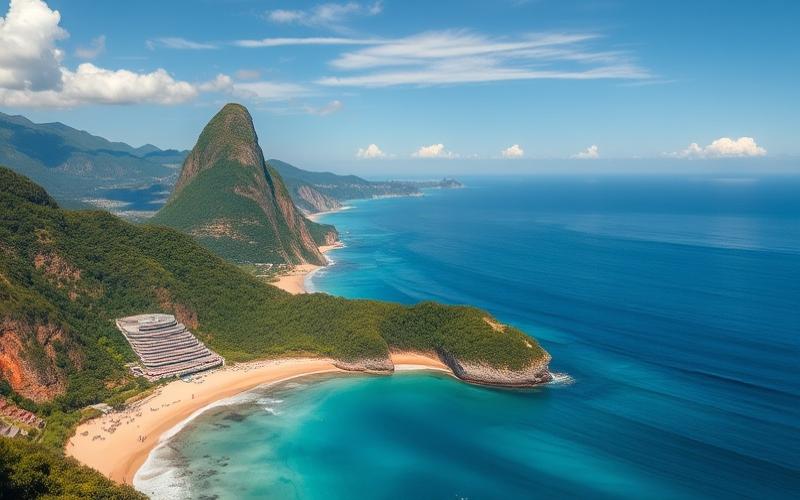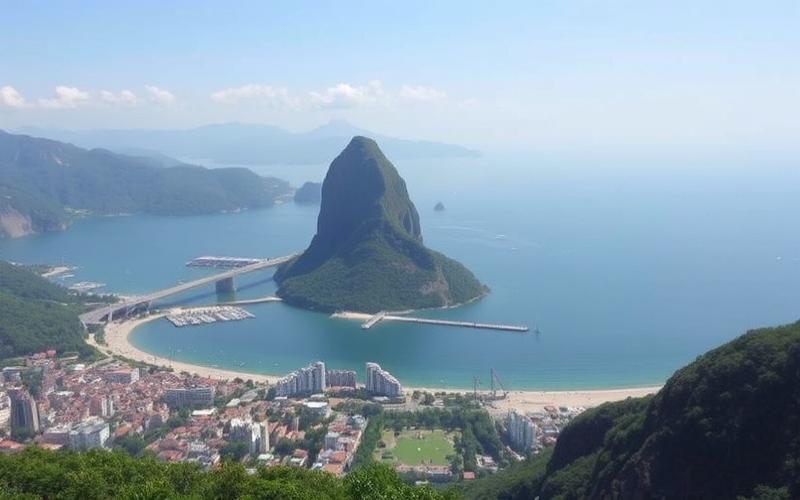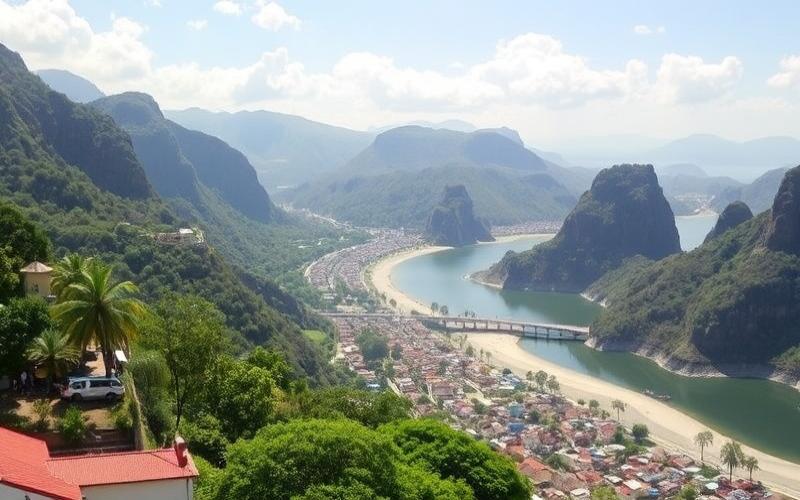
 Published on and written by Cyril Jarnias
Published on and written by Cyril Jarnias
Real estate investment in Brazil attracts many foreigners drawn by the opportunities offered by this vast country with diverse landscapes. However, buying property in a foreign country always carries risks, especially when you don’t perfectly master the language and the subtleties of the local market. Here’s an overview of the most common mistakes to avoid for a successful real estate acquisition in Brazil.
Not verifying the property’s legality: a major risk
One of the most serious – and unfortunately common – mistakes is failing to meticulously verify the legal status of the desired property. In Brazil, many constructions are built without permits or on land with disputed ownership. Buying an illegal property can expose you to heavy fines, or even the complete demolition of your acquisition.
To avoid this trap, it’s essential to:
- Verify the existence of a valid property title (matrícula) with the local real estate registry (Cartório de Registro de Imóveis)
- Ensure the property has all necessary construction permits
- Check that there are no ongoing disputes regarding the property
Don’t hesitate to hire a specialized lawyer to perform these essential checks. The cost of their fees will be largely offset by the legal security provided to your transaction.
Good to know:
In Brazil, approximately 50% of constructions are estimated to be irregular in some major cities. Therefore, vigilance is essential, even for properties that appear completely legal.
Underestimating additional costs: beware of unpleasant surprises
Many foreign buyers focus only on the listed purchase price, without considering the numerous additional costs that can significantly increase the final bill. In Brazil, these costs can represent up to 7-8% of the purchase price, a substantial amount that should be anticipated in your budget.
Among the main costs to anticipate are:
- Property transfer tax (ITBI): between 2% and 4% depending on the municipality
- Notary fees (Cartório): approximately 1% to 1.5% of the sale price
- Real estate registry registration fees: approximately 0.5% to 1%
- Attorney fees: variable, but count at least 1% to 2%
To these costs, you may also add real estate agency commissions, document translation fees if you don’t speak Portuguese, etc. Budget at least 10% of the purchase price to cover all these additional costs.
Neglecting location: a choice with serious consequences
The appeal of an attractive price or a stunning view can sometimes make you forget the crucial importance of the property’s location. However, in Brazil more than elsewhere, the choice of location is decisive for your future quality of life and the potential appreciation of your investment.
Several aspects should be considered:
- Neighborhood safety: some areas, even in reputable cities, may have high crime rates
- Accessibility: check proximity to public transportation, main roads, etc.
- Noise pollution: noise can be a real problem in some lively neighborhoods
- Urban planning projects: inquire about future construction that could impact your environment
Don’t hesitate to spend time in the neighborhood at different times of the day and week to get an accurate idea of the atmosphere and potential inconveniences. If possible, also ask neighbors about the quality of life in the area.
Good to know:
In major Brazilian cities like São Paulo or Rio de Janeiro, quality of life can vary considerably from one neighborhood to another, even from one street to another. A thorough knowledge of the area is essential.
Skipping a technical inspection: a risky economy
Many buyers, especially when dealing with new or recent properties, neglect to have a thorough technical inspection performed. This is a mistake that can prove very costly later. In Brazil, construction quality can vary greatly, even for properties that appear luxurious.
A professional inspection will detect:
- Potentially serious structural problems
- Waterproofing defects, common in tropical climates
- Non-compliant electrical or plumbing installations
- Presence of termites or other pests
The cost of such an inspection (generally between 1000 and 3000 reais depending on the property size) is a wise investment that can save you heavy renovation expenses later. Insist on including a contingency clause in the purchase agreement, making your purchase conditional on satisfactory inspection results.
Ignoring tax specifics: beware of miscalculations
The Brazilian tax system is complex and constantly evolving. Many foreign buyers underestimate the impact of taxation on their investment, which can lead to serious disappointments.
Among the points to watch:
- Property tax (IPTU): its amount can vary considerably depending on the municipality
- Capital gains tax: it can reach 27.5% upon resale
- Rules for declaring foreign property in your home country
- Possible tax treaties between your country and Brazil
It’s highly recommended to consult an accountant or tax lawyer to optimize your investment and avoid any unpleasant surprises. The savings achieved through good tax planning can be substantial.
Good to know:
Some Brazilian municipalities offer temporary IPTU exemptions for new constructions or major renovations. Inquire about these opportunities that can improve your investment’s profitability.
Rushing into a “good deal”: caution and patience are required
The Brazilian real estate market may sometimes seem to offer exceptional opportunities, especially for buyers accustomed to high prices in European or North American metropolises. However, rushing into what appears to be a “golden deal” is often the best way to fall into a trap.
Several reasons should encourage caution:
- Artificially inflated prices for foreign buyers
- Properties difficult to resell despite their apparent attractiveness
- Underestimated condo fees that undermine profitability
- Unrealistic rental yield promises
Take the time to understand the local market well, compare prices per square meter in different neighborhoods, and don’t hesitate to negotiate. A good real estate investment requires preparation and maturation, especially in a foreign country.
Neglecting cultural and linguistic aspects: a barrier to integration
Finally, a common mistake is underestimating the importance of cultural and linguistic differences. Many foreign buyers think they can manage with English or by relying solely on intermediaries.
However, a good understanding of Brazilian culture and basic Portuguese are major assets for a successful investment. This will allow you to:
- Better negotiate with sellers and local professionals
- Understand the subtleties of contracts and administrative procedures
- Integrate more easily into your new neighborhood
- Effectively manage your property if you opt for seasonal rentals
Invest time in learning Portuguese and familiarize yourself with Brazilian customs and practices. This will greatly facilitate your procedures and enrich your experience as an investor in Brazil.
Good to know:
Many Brazilian cities organize cultural events and free language courses for expatriates. This is an excellent way to integrate and build a local network.
In conclusion, buying real estate in Brazil can be an enriching and potentially very profitable experience, provided you avoid these common pitfalls. The key to success lies in meticulous preparation, a good understanding of the local market, and relying on competent professionals to guide you throughout the process.
Disclaimer: The information provided on this website is for informational purposes only and does not constitute financial, legal, or professional advice. We encourage you to consult qualified experts before making any investment, real estate, or expatriation decisions. Although we strive to maintain up-to-date and accurate information, we do not guarantee the completeness, accuracy, or timeliness of the proposed content. As investment and expatriation involve risks, we disclaim any liability for potential losses or damages arising from the use of this site. Your use of this site confirms your acceptance of these terms and your understanding of the associated risks.


